

HAPPINESS THE EXPLORER
SriLanka:ShokinaKirubakaran China:YatongDeng




Editor's Note


The Explorer is excited to present the Winter Issue of its fourth volume. This edition explores how students' backgrounds shape their paths to finding happiness during challenging times. The Explorer writers conducted interviews with students from diverse places, including Peru, Sri Lanka, and Australia, capturing their ways of finding joy in their daily lives. We hope readers connect with the challenges these individuals have faced and find inspiration for their own happiness.
The mission of The Explorer is to examine a variety of topics that unite humanity, regardless of culture, borders, or age. The articles in this issue highlight the importance of gratitude and shine a light on the struggles of those living in difficult circumstances. We encourage you, as a reader, to reflect on what you are grateful for and consider how you can contribute to this noble cause.

LISA SUN Editor in Chief
Shokina Kirubakaran
By Joshua Li
Shokina Kirubakaran is a student at the Jaffna University in Sri Lanka. She lives in the northern part of the country and enjoys participating in community projects. She recently participated as a counselor in a Girl Up program organized by the United Nations in Kochi, India, representing Sri Lanka, mentoring young students.
Shokina is Tamil, a minority ethnic group in Sri Lanka. Equality and corruption are major problems in the country, thus Tamils and other minority groups do not get equal seats for political candidates and leaders.
Shokina mentions that in many lessdeveloped countries, most officials do things for their own good and not for the people. She further explains that from the president down to school teachers, bribery is used for personal gains. Shokina recalls an experience where she was stopped by a policeman when taking her bike to the beach. Despite having her documents on hand, the policeman claimed her brakes were not working and that he
would have to give her a ticket. However, if Shokina paid the policeman 1,000 rupees, she would not have to go to court. Instead of going to the government, the police would pocket this money. Shokina and the people of Sri Lanka refrain from complaining because they are afraid of the consequences.

In Sri Lanka, landslides are very common, happening every year. Plantation workers risk losing their homes to these disasters and are forced to find housing elsewhere.
Oftentimes, the displaced workers shelter in public schools, where they can live for up to three months at a time. Their regular living conditions are not much better, as they often live and sleep in small tin houses.
Shokina’s friends and family are her main source of joy. When asked about her definition of happiness, she shares that it is living in the moment. She enjoys lunch breaks with her friends at local coffee shops and university hangout spots after class. Simple things like sharing stories can cheer her up even in difficult times.
According to Shokina, the best gifts she has ever received are handwritten letters from people on the other side of the country. Since Shokina usually uses WhatsApp or email to communicate, receiving a letter is a “beautiful thing.”
As for success, Shokina defines it as being financially successful. She mentions how, “until [people] are 24 years old, [they] have to depend on [their] parents. Therefore, she often encourages her peers and mentees think about how to plan for their own lives and practice financial independence.
Although Shokina lives in a country where bribery, corruption, and landslides are common, she finds ways to be happy with family and friends. From eating lunch in coffee shops to listening to stories under the moonlight, Shokina sets aside time for fun in her busy university life.
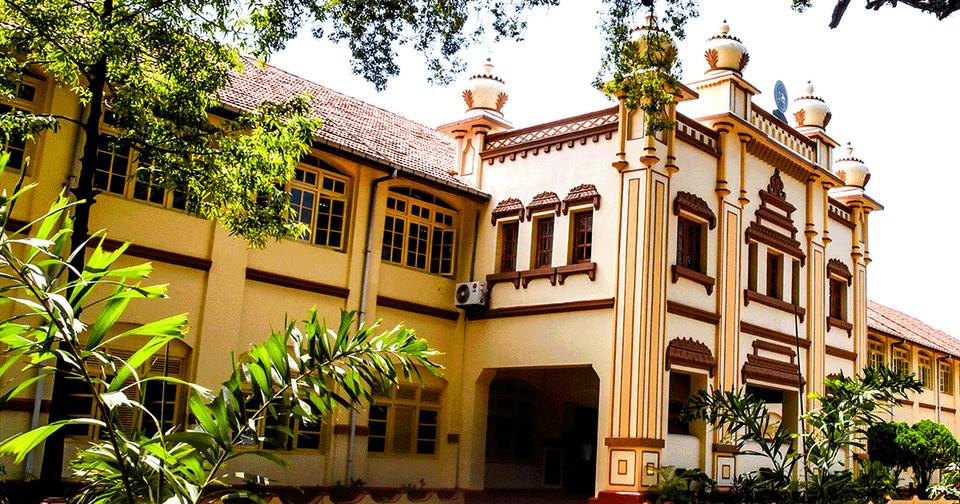
Sri Lanka
Facts of Sri Lanka
Official Name: Democratic Socialist Republic of Sri Lanka.

Sri Lanka is often called the “Teardrop of India” due to its position under India and its shape.
The flag of Sri Lanka is one of the oldest in the world.

About Shokina Kirubakaran
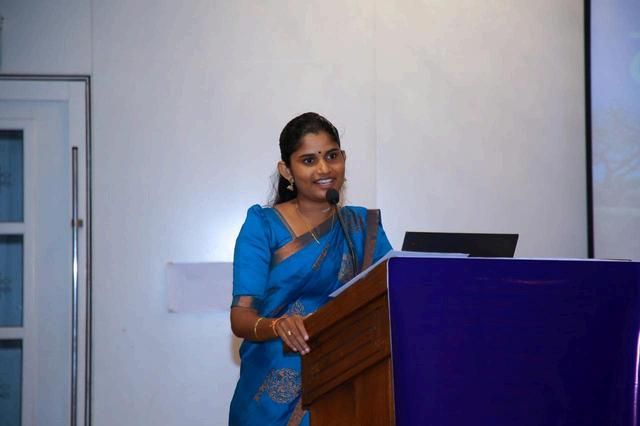
Shokina studies at the University of Jaffna specializing in Translation Studies. She graduated from Uduvil Girls' College in 2020 with distinction and was subsequently selected by the University Grants Commission of Sri Lanka for this prestigious program. Shokina is active in the community as a social worker, teacher, and certified selfdevelopment trainer. She participated in WiSciSouth Asia of the Girl Up program last year, and the experience inspired Shokina to establish five STEAM clubs across Sri Lanka. In her free time, she enjoys reading, watching films, engaging in meaningful conversations, journaling, singing, and spending quality time with her beloved pet, Rock.

Yatong Deng
By Mabelle Liu
Philosopher Jeremy Bentham says people experience preferences for states of affairs justified by their conduciveness to their happiness. In other words, happiness is subjective. Though things like love, beauty, knowledge, and freedom may seem cardinal to some and trivial to others, they all can bring joy and contentment. Yatong Deng, a 17year-old Chinese student, says happiness is derived from selfexpression and humanitarianism.
Growing up as an introvert, Yatong avoided active participation in social activities and class discussions for fear of being laughed at or teased. While this timorous behavior was a fundamental aspect of her character, her mother encouraged her to face her fears. “Don’t worry too much about what others might say about you. You can’t avoid communicating with others in life, so be strong and vocal.” Her words reassured Yatong, and she slowly opened up by facing her fear head on.
As she got older, Yatong recognized the importance of communication and expressiveness to one’s mental and emotional health. “Humans are social creatures; we need to form social bonds and connections with and opinions onto paper. “I find that writing helps me manage and deal with my emotions and thoughts,” she reflects. “Even if I am really busy, I will always take the time to write something.”
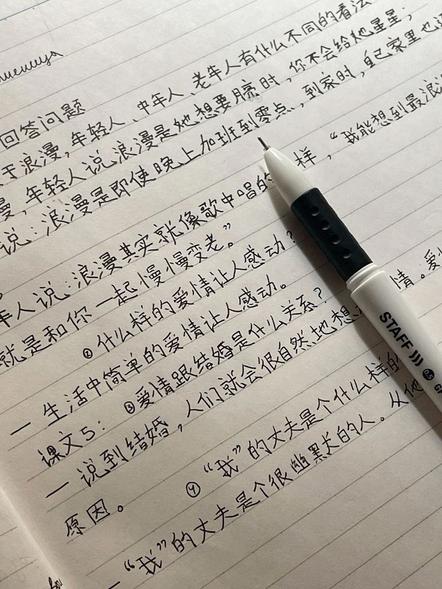
Yatong also strongly advocates for the voices of others, especially in the face of the greatly exacerbated antiAsian sentiments she is exposed to in American media. “People think that we’re not diverse and bad because of the government, but there are so many different traditions, skills, and viewpoints that are unique and worth understanding by everyone,” she notes. “We have our own voices and opinions and want to speak out about it ourselves.”

Yatong defines happiness as “something that makes a person feel what their value is.” She says she found the most value in teaching at a rural school in the city of Baoshan, in the Yunnan mountains of China. Many of the schools in the city are underdeveloped and lack resources for their students.
When she learned of the inequities they faced, she jumped at the opportunity to meet with the kids and help prepare lessons for them. “Working with them makes me happy because I have the opportunity to use my knowledge and impact others with it,” Yatong articulates. “It shows me I have my own values for the world and can do something to make a change.”
In the future, Yatong wishes to pursue a career in the psychology field as a psychology teacher or a counselor. She hopes for a job that requires interaction with others with the goal to “directly help others.” With a passion for expression and an understanding of the significance of being inclusive, Yatong’s happiness is a direct reflection of her values and contribution to society.
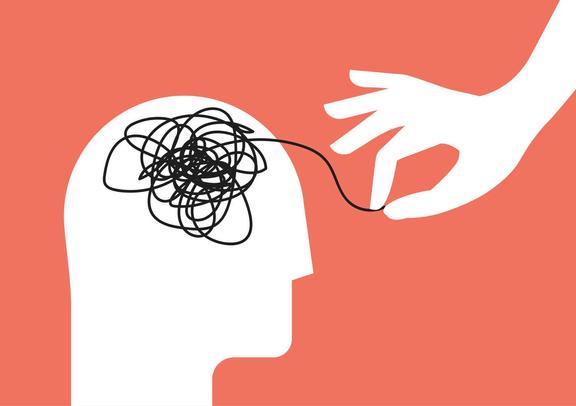
China
Facts of China

China is the largest Asian country, covering approximately onefourteenth of the land area of Earth.
There are 56 ethnic groups in China with the Han ethnic group mkaing up over 90% of the population.

About Yatong Deng


Yatong is a junior at BASIS International School Park Lane Harbour in China. Her passion lies in psychology, and she is interested in addressing gender equality in the workplace. She loves to read and write, viewing writing as an essential tool for self-expression and building connections with the world around her.

Darren Li
By Clara Luo
Happiness can mean different things depending on where you come from and the experiences that shape you.
For Darren Li, a 15-year-old from Sydney, Australia, happiness is deeply rooted in his relationships, personal growth, and staying true to himself. Growing up in a ChineseAustralian family and attending an all-boys private school, Darren’s view of happiness has been influenced by the people surrounding him.
Darren is the youngest of three kids, with a brother who's 19 and a sister who's 28. While everyone in the family has their own busy lives, they stay connected through a simple but meaningful tradition: family meals.
“In Chinese culture, eating together is important,” Darren explains. “With our different schedules, it’s often the only time we can catch up, share what’s going on in our lives, and just talk.” These moments of connection around the dinner table are a cornerstone of Darren’s life, giving him a sense of belonging and support.
For om the nts wit

An n’s cha to com the start of 2024. Until then, he had never run more than five kilometers, but he set a goal to push himself and improve. “I wanted to challenge myself and see how far I could go,” he says. The training was tough, and when the big day finally came, it was harder than he imagined. “I didn’t perform as well as I had hoped, but in the end, I realized it wasn’t about the result. It was about the effort and sticking with it.”
That experience taught Darren a valuable lesson: happiness often comes from setting goals, working toward them, and being proud of the progress, even if things don’t go perfectly.

One of the best pieces of advice Darren has received came from a book by David Brooks: “Listen to people.” This simple phrase has significantly impacted Darren's thinking and interactions with others, especially when meeting new people. “I used to talk more about myself, but now I try to listen and get to know what matters to them,” he says. Listening has become a way for him to connect more deeply with new and old friends. He remembers when one of his closest friends confided in him about their challenging situation. Darren could see that his friend didn’t have anyone else to turn to, so being there to listen made all the difference. “That’s what happiness is for me being someone others can count on when they need it,” Darren explains.
Darren has a long list of adventures he plans to engage in, like climbing the Sydney Harbour Bridge or skydiving, if only his parents would let him! He dreams of traveling outside of Australia to Japan, the U.S., or seeing the Northern Lights. Although some of these plans are on hold for now, Darren is content with his life. “What I appreciate most right now are the people in my life: my family, my friends,” he says. “No matter what’s going on, being around people who care about me makes it all worthwhile.”
When asked if he would change anything about his life, Darren says, “Nothing.” He believes that every experience, good or bad, has shaped him into the person he is today. “Sure, things could be better, but I’m happy with where I am. It’s just how life works,” he says.
His definition of happiness is based on the quality of the relationships he builds in his life and being a person of benevolent character. He believes that being a good person attracts other good people, which creates a cycle where positivity and happiness can thrive.
“For me, happiness is about being loyal, even when it’s hard. Like, if a friend is going through a tough time and others are turning away, you stay by their side. That’s what it means to be a good person,” he explains.
This sense of loyalty and kindness doesn’t just make Darren happy; it gives him a sense of purpose and fulfillment. In the end, happiness for Darren isn’t something you find or achieve; it’s something you build through actions, relationships, and how you treat the people around you.
Whether it’s supporting a friend, enjoying time with family, or chasing personal goals, Darren’s focus is on being the best version of himself. For him, that’s where true happiness lies.
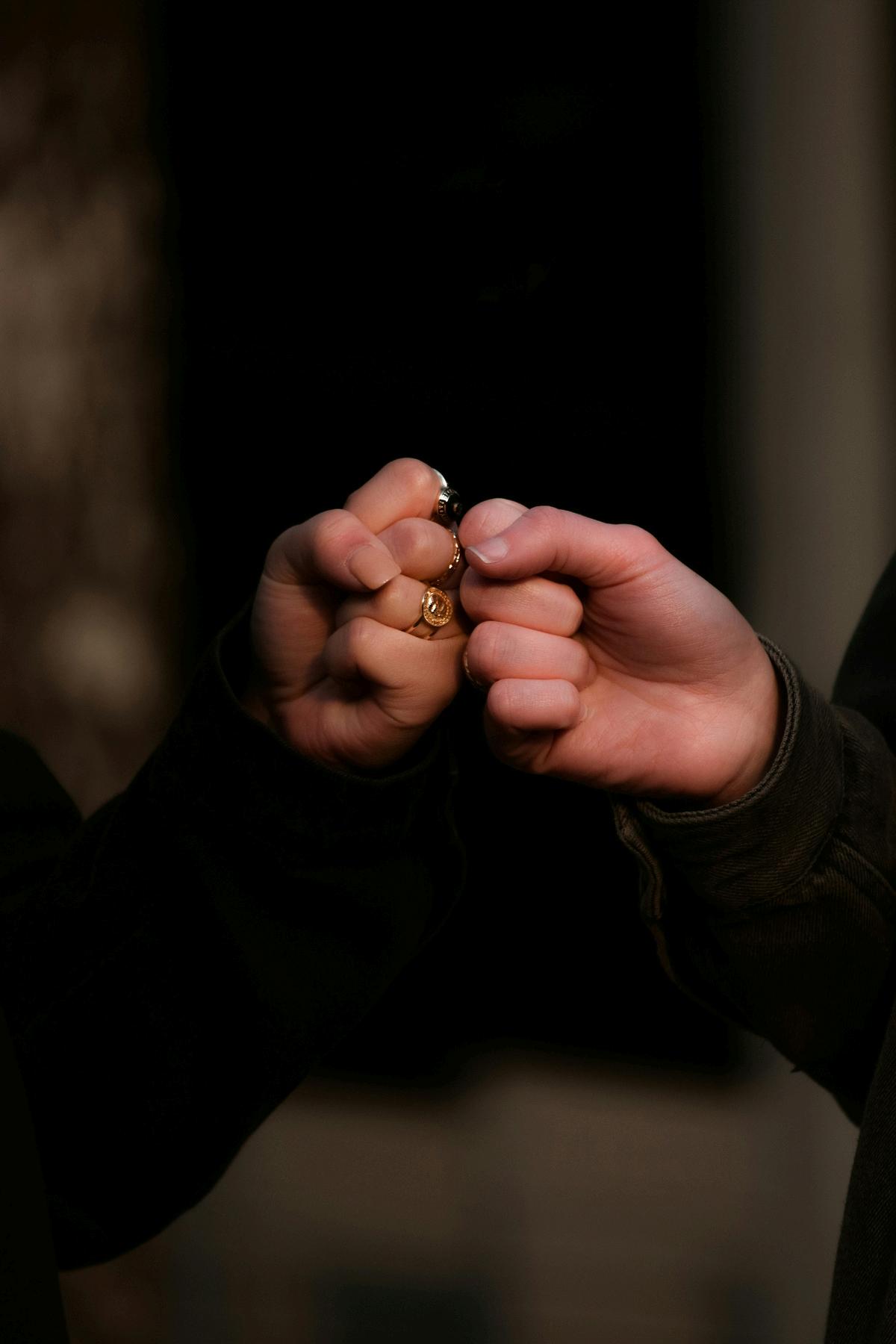
Australia

Facts of Australia
Australia is also known as “the Oldest Continent,”
“the Last Frontier,” and “the Last of Lands.”
Australia consists of over 270 ethnic groups and has been considered one of the world’s most successful multicultural society.

About Darren Li

Darren is a 15-year-old student residing in Sydney, Australia. With a rich tapestry of cultures woven into his identity, he harmoniously blends aspects of both his Australian upbringing and his Chinese heritage. Darren deeply values the meaningful relationships that blossom from authentic connection. He believes that genuine compassion is best demonstrated through thoughtful actions.


Vinci Castillo-Espinoza
Lisa Sun
Vinci moved from Central Lima in Peru to the U.S. at age two. “The education there was not very strong,” Vinci recalled, which prompted the move. Growing up in America, Vinci’s family supported one another, especially when they first got to the US. Vinci’s grandparents played a critical role in reestablishing their new home in America while their mother was learning a new language and being relicensed as a doctor.
“A lot of the families here act distant,” says Vinci, describing their experience living in America. Peru has a strong sense of community and pride in its cultural identity. Despite the corruption in their government, “it is the people who make the country a community,” Vinci explains.
In December of 2023, Vinci tore their ACL while jumping hurdles for their high school track team–a team Vinci has been a part of since the start of freshman year.

This desire to uplift one another is epitomized by the support their family gives each other. A common saying in Vinci’s household is, “If there is a problem, there will always be a solution.” This advice has become especially relevant to them in the past year.
The ACL is a ligament in the knee that plays a role in stabilizing movement, which is crucial to running and jumping hurdles for a high school track team athlete. “Tearing my ACL didn’t hurt.” Vinci clarifies, “I started crying only after I thought about all my progress was taken away from me.” Until then, Vinci had established a daily routine: school, practice, homework, and sleep.
Vinci had worked tirelessly to improve the skills needed, and in the weeks leading up to the injury, Vinci says, “I was finally starting to get good at hurdles,” and that “Jumps were the reason I fell in love with track...it built my confidence.” After the injury, Vinci needed to undergo surgerytoreturntotheirprioractive lifestyle.

Wh of their injury, Vinci declares, “Surgery took me back so much.” It was a long and painful process because Vinci discovered they had more than one tear and several bone fractures all along their leg. Vinci states, “Recovering was the worst. I lost all my independence. I had to ask someone to help me get to the bathroomandtohelpmeshower.”
The track was no longer an active part of their life. Vinci found themselves directing their new free time towards frustration–at both their slow path to recovery and the progress ripped out from under their feet.
This is when Vinci faced their most significant challenge of selfdegradation. Vinci had much time to reflect, but all thoughts returned to beating themselves up over their injury. However, this is when Vinci ruminates back to their family’s advice–no matter what, there will always be a solution. After contemplating back to their origin, Vinci’s mindset shifted.

Vinci decided to redirect their energy away from recovery and toward rediscovering who they were outside of track. They realized their interest in renewable energy and film and have had the time to fully invest themselves in their interests through summer internships and proposing a new curriculum about representation in media to their high school’s film analysis class.
The struggles Vinci has encountered when dealing with their injury have only served to cement their understanding of happiness,
success, and gratefulness for their cultural heritage. To them, happiness is defined as being supported by those in your community and understanding who you are and what you’re interested in. Their family has helped them the entire way of their recovery, and they are working to achieve smaller successes in their own interests while waiting to fully heal their leg post-surgery.

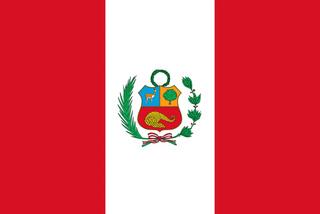
Peru Facts of Peru
Peru is home to 13 UNESCO World Heritage sites, some of which include Machu Picchu and the Nazca Lines.
The Amazon river starts at the peak of the Peruvian Mountains.
At Lake Titicaca the Uros people created floating islands, still populated today, which orginally served to defend against Incan attacks.
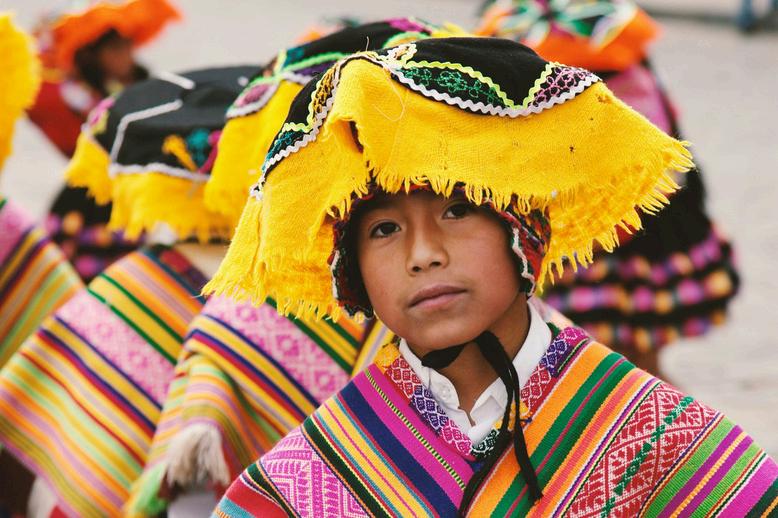
About Vinci Castillo-Espinoza


Vinci is a senior in high school located in Northern Virginia who uses they/them pronouns. Originally from Peru, Vinci relocated to the United States at the age of two and has lived here ever since. They have a strong interest in art, music, and film analysis. Until recently, Vinci had been an active member of their high school track team, participating in the sprinting division.

Sahana Chowdhury
Lisa Sun
“In my class of thirty-two, there were only four people of color, including myself,” Sahana recalls from her experience growing up in Bengali in Fredericksburg, Virginia.
Since kindergarten, Sahana has felt othered because of her racial and cultural identity. “My family is Muslim.” Her peers did not seem to like the idea when she said her family didn’t celebrate Christmas, “People would stop talking to me because I didn’t believe in Santa Claus.” In kindergarten, Sahana experienced her first brush with racism at her private school. Her peers, who were all white, would regularly exclude her from activities and throw insults at her. When she notified her white teacher about the discrimination she was facing, her teacher, at first open to finding a solution, eventually started brushing off each instance of bullying Sahana was confronted with. Sahana has since been diagnosed with social anxiety and, to this day, reflects on the impact of their teacher’s actions. “Would I still have social anxiety if I did not have these unpleasant encounters?” she wonders.
When Sahana moved to Northern Virginia, she experienced a cultural shock: the local diversity and cultural awareness had skyrocketed.

Her first impression when stepping into her new classroom was, “White people do not suffocate me.” They felt joy from looking at the different faces of her school. Now, having lived away from her old home for several years, Sahana states that what she appreciates most is the support both her school and community has given them.
Sahana views happiness as a spectrum, from smaller to larger displays of joy a person can experience. She is happy with small moments: admiring the beauty of nature on a walk alongside her family or sharing special “Dhak Nams” (Bengali nicknames) in her family,
but she also finds happiness in more significant achievements.
“I’m grateful that I have that ability to express myself,” referring to her high school experience with cultural and personal identity. Sahana is content with the life she leads now, in comparison to her youth, where she now brings Bengali dishes to share at lunch and proudly displays her queer identity in school.
Despite the simple comforts Sahana uses to channel her happiness, Sahana still looks to bridge the gap between her heritage and herself. In particular, she grapples with the beliefs of her mother country, Bangladesh. A certain reporter, Manzur al Matin, has led protests against the Bengali government because of its decision to reduce job opportunities for students.

This reporter, who happens to be her cousin, has inspired her as a queer person due to the backlash he has received from speaking out in support of LGBTQ+ rights while also fighting against fascism. “We should be focused on connecting because we’re different,” Sahana states.
Happiness is contentment with simplicity, and success in small achievements is what will ultimately lead to happiness. Success is embodied in independence; as Sahana says, “We put too much emphasis on what other people think, which means nothing if you can’t support yourself.”

Sahana hopes to apply this philosophy in her personal life and gives one final message: “Do it for yourself because you want it”.
Bangladesh
Facts of Bangladesh

Bangladesh was established as a new country in 1971 in revolution to the Bengali genocide. Bangladesh’s national animal is the Royal Bengal Tiger, hosting a population of a little over 100 tigers within the nation.

About Sahana Chowdhury
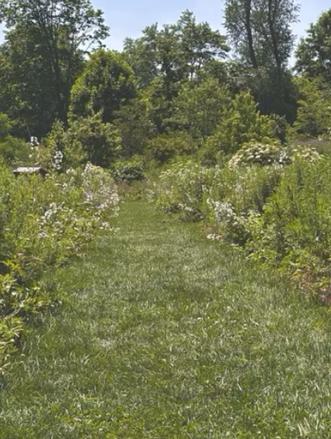
Sahana grew up surrounded by nature, fostering a deep love for plants and animals. In her free time, she enjoys reading, crocheting, and writing. Eager to improve her gardening skills, Sahana hopes to keep a garden thriving for over two months. She is also excited about the possibility of learning guitar in the future, adding another creative outlet to her life.
Sham Mathavan
By Joshua Li
Growing up, Sham was “a rough child," as he describes. However, his mother stuck with him, and he always felt supported. For Sham, music helped to improve his behavior problems. Music has been a crucial part of Sham’s life from a young age. He started learning Carnatic music around kindergarten and says that this activity significantly impacted his development. When Sham began playing, he claimed he had “zero focus” and never understood what he was being taught. However, as he got older, it made sense and soon shaped his life. He says that music was the first and only class that helped him develop focus, and he finds that music “will 100% calm you down.”

Sham’s family came from Sri Lanka. As a child of immigrant parents, Sham would often hear stories from his parents about their home country. When asked if he could share things about Sri Lanka, Sham said that he had only visited Sri Lanka a few times, and these trips took place when he was little. Therefore, he does not remember much. However, he is very close to his family and is proud of his heritage.
Sham shares that his father works in the tech/healthcare industry, which has inspired him to follow in his footsteps in a career in technology or cyber security. His uncle is another one of his role models. Sham’s uncle runs a successful, reputable school. He respects him because he built the school from the ground up. Sham was always told that when his uncle was young, he managed the finances for his big family, so he admired his uncle for his entrepreneurial spirit and work ethic.
Even though Sham had a rough childhood and is still figuring out ways to better himself, he wakes up every day with a positive mindset. He believes that what has happened has already happened, and we should instead focus on the new day because every day is a new beginning to look forward to.

About Sham Mathavan

Sham is a student at Walt Whitman High School located in Bethesda, Maryland. Originally born in Florida, he comes from a family with roots in Sri Lanka. As a second-generation Sri Lankan American, Sham has had limited opportunities to visit Sri Lanka, having traveled there only a few times. However, his parents have frequently shared stories about their homeland, enriching his understanding of their culture and heritage. ByMartinspaink-Ownwork,CCBY-SA30,


Submissions!
Believe it or not, our next theme will shift away from the joy found in cats to something equally important: appreciation. We recognize the profound impact of gratitude, which is why we've chosen this theme. It can relate to a person, an action, or a special moment. We invite you to share what you truly appreciate in life with the readers of the Explorer.
OurNEXT tHEME
Appreciation Appreciation
Submission Requirements:
Please email theexplorer@velbranchout.org if you are working on a work for the Explorer. We would love to discuss what you are writing and are open to providing suggestions if you encounter roadblocks.
Your writing should be at least 400 words in length. The maximum word length is 1000.
With your submission, please also submit a 100-word bio and two non-copyrighted photos to go with your writing.
Deadlines:
For Issue 3, the deadline for the final submission of completed work is before midnight EST on March 15th, 2025.
We accept case-by-case submissions after the deadline. If this applies to you or you anticipate needing an extension, email us at theexplorer@velbranchout.org.
Email all final submissions to theexplorer@velbranchout.org.
IINCLOSING NCLOSING

The Contributers
Editor in Chief:
Lisa Sun, 12th grader at Oakton High School
Journalism Leaders:
Mabelle Liu, 10th grader at Marriotts Ridge High School
Clara Luo, 10th grader at The Bryn Mawr School
Design Team:
Joshua Li, 9th grader at Thomas Jefferson High School for Science and Technology
Project Manager: Ronny Gattuso, BranchOut! Adult Leader
Article Submitters-Winter 2025
Journalists:
Lisa Sun, 12th grade
Mabelle Liu, 10th grade
Clara Luo, 10th grade
Joshua Li, 9th grade





Image Credits:
University of Jaffna, 17 Mar. 2024, www.jfn.ac.lk/.
1. "Flag of Sri Lanka." Wikipedia, Wikimedia Foundation, 17 Dec. 2024, en.wikipedia.org/wiki/Flag_of_Sri_Lanka#/media/File:Flag_of_Sri_Lanka.sg. Accessed 10 Jan. 2025.

2. Sri Lanka Traditional Dress Dance. Asian Customs, AsianCustoms, asiancustoms.eu/the-beauty-of-sri-lankan-culture/. Accessed 10 Jan. 2025.
3. Cinna. “Learning Chinese Notes Aesthetic.” Pinterest, 27 Dec. 2024, www.pinterest.com/pin/125115695893787001/. Accessed 11 Jan. 2025.
4. 徐林. “Top 10 Ancient Cities: China’s Best Kept Secret - China.org.cn.” China.org.cn, 2025, www.china.org.cn/top10/201204/12/content 25113446 6.htm. Accessed 11 Jan. 2025.
5. McLeod, Saul. “What Is Psychology?” Simply Psychology, Simply Psychology, 11 Oct. 2023, www.simplypsychology.org/whatispsychology.html.
6. Smith, Whitney. "Flag of China". Encyclopedia Britannica, 3 May. 2024, https://www.britannica.com/topic/flag-of-China. Accessed 10 January 2025.
7. He, Shaoping. VCG. Rest of World, 16 July 2021, restofworld.org/2021/techhubs-shenzhen/. Accessed 10 Jan. 2025.
8. Tea, Debbie. Plate of Noodles. 1 May 2019. Unsplash, Getty Images, 1 May 2019, unsplash.com/photos/plate-of-noodles-LO7rNP0LRro. Accessed 23 Jan. 2025.
10.

9. Smith, Taylor. Best of Friends. Unsplash, Getty Images, 26 Jan. 2021, nsplash com/photos/person-holding-gold-ring-in-dark-room-XB yndXE4ks ccessed 23 Jan. 2025.



Image Credits:

11. Beaufort, Jean. Runner Competing in Race. Public Domain Pictures www.publicdomainpictures.net/en/view-image.php? image=163725&picture=runner-competing-in-race. Accessed 23 Jan. 2025.
12. Lange, Robert Terence , Twidale, Charles Rowland , Veevers, John J. , Roe, Michael , Powell, Joseph Michael , Rickard, John David and Ride, W.D.L.. "Australia". Encyclopedia Britannica, 20 Dec. 2024, https://www.britannica.com/place/Australia. Accessed 20 December 2024.
13. Photoholgic. Morning Opera. Unsplash, Getty Images, 11 Apr. 2018, unsplash.com/photos/sydney-opera-house-australia-jK9dT34TfuI. Accessed 23 Jan. 2025.
14. Onojeghuo, Clem. Person Running on Concrete Road. Unsplash, Getty Images, 30 Sept. 2016, unsplash.com/photos/person-running-on-concrete-roadApj4nSemkzk. Accessed 23 Jan. 2025.
15. Lelham, Steven. Group of People Running on Stadium. Unsplash, Getty Images, 16 Aug. 2017, unsplash.com/photos/group-of-people-running-on-stadiumatSaEOeE8Nk. Accessed 23 Jan. 2025.
16. Olmez, Volkan. Female Head from behind. Unsplash, Getty Images, 13 Apr. 2014, unsplash.com/photos/grayscale-photo-of-persons-back-wESKMSgZJDo. Accessed 23 Jan 2025
17. Lakovleva, Pauline. Blurry Photo of People in a Movie Theater. Unsplash, Getty Images, 15 Oct. 2024, unsplash.com/photos/a-blurry-photo-of-people-in-amovie-theater-ds3IuSX0Fys. Accessed 23 Jan. 2025.
18. "Peru." Encyclopædia Britannica, www.britannica.com/place/Peru#/media/1/453147/ 79. Accessed 10 Jan. 2025.




Image Credits:

19. Ostrower, Ben. Boy in Traditional Costume. Unsplash, Getty Images, 19 Feb. 2018, unsplash.com/photos/boy-in-traditional-costume-in-shallow-focusphotography-HkrirTHELjE. Accessed 23 Jan. 2025.
20 Villaire, Nathaniel View of a City Skyline Unsplash, Getty Images, 13 Sept 2024, unsplash.com/photos/a-view-of-a-city-skyline-with-a-crane-in-thebackground-JjnapEzhYa0 Accessed 23 Jan 2025
21. Eren. Step down Facist Hasina. X, x.com/ErenKhan08/status/1820130249855869186. Accessed 10 Jan. 2025.
22. Banks, Clay. We're Better When We're United. Unsplash, Getty Images, 28 Apr. 2019, unsplash.com/photos/five-human-hands-on-brown-surface-LjqARJaJotc. Accessed 23 Jan. 2025.
23. A Crowd of People. Daily Sun, 13 Apr. 2018, www.daily-sun.com/post/302062/ Pahela-Baishakh-Reflects-Our-Traditional-Culture-and-Festival. Accessed 10 Jan. 2025.
24. Aruna Sairam. Mint, 15 Mar. 2014, www.livemint.com/ Leisure/BV3CT6Jchz2cp2Tr76QMzM/Carnatic-music-on-the-cusp-of-change.html. Accessed 10 Jan. 2025.
25. "Carnatic Music." Wikipedia, Wikimedia Foundation, 2 Jan. 2025, en.wikipedia.org/wiki/Carnatic_music#/media/File:Tanjorestyle Carnatic tambura.JPG.


BRANCHOUT!
BranchOut! is a youth community outreach program based in the Washington DC metropolitan area founded in 2015 that sponsors The Explorer. It was founded to answer the call to action by former Dean Jim Ryan of the Harvard Graduate School of Education in late 2015. Our co-founder, HGSE graduate Dr. Wu, answered the call to action. In a few short months, BranchOut! was created to bridge achievement and cultural gaps in the current system.
While the program began in two states with 20 students, it has since branched out to more than 150 mentors annually with volunteers from around the United States and the world. Over the years, BranchOut! expanded to provide targeted educational services at credit recovery programs in multiple counties and states, create software to meet academic needs, and build societal awareness of modern issues through research and journalism.
Currently, BranchOut! mentors continue to volunteer at credit recovery programs, promote STEM outreach to a K-8 audience, host career/college fairs, and share the stories of teens from around the world. BranchOut! continues to develop software, with projects aiming to connect the AAPI community against the rise of anti-Asian hate and uplifting mental health.
At BranchOut!, learning is two-sided; mentors gain experience in branching out and taking the initiative to lead. Current and former mentors credit BranchOut! as the first place where they learned to take the initiative.
BranchOut!'s programs have been recognized by multiple congress members and have won the Congressional App Challenge for its work in promoting education accessibility through technology.
